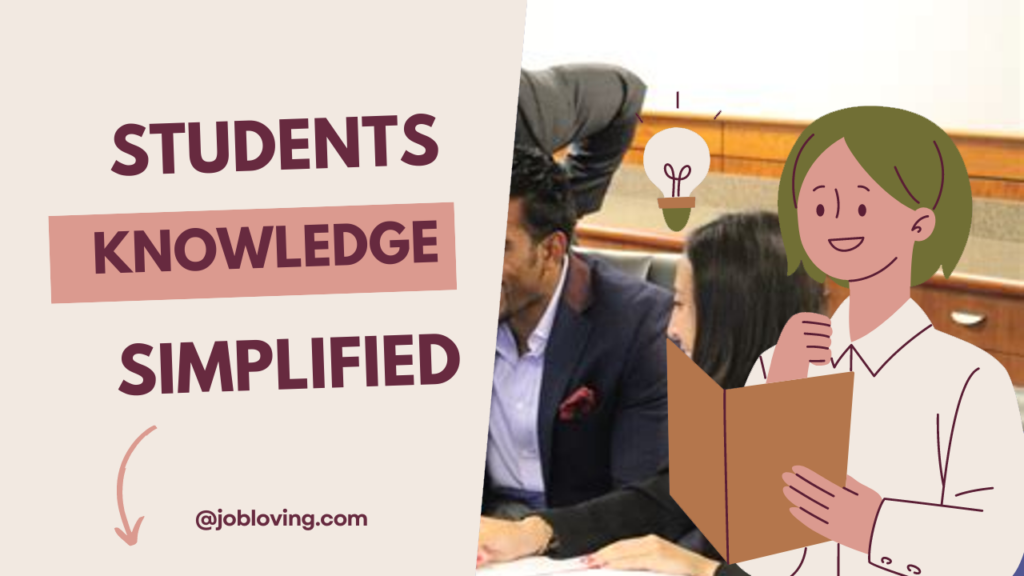What Do You Call a Professional Student? The Evolving Identity of Lifelong Learners
The term professional student evokes a myriad of images and perceptions, often carrying a stigma that suggests avoidance of the “real world.” However, the journey of a graduate or professional student is anything but one-dimensional. It is a multifaceted experience that reflects an increasing passion for knowledge, a commitment to personal growth, and, in many cases, the pursuit of necessary credentials to excel in competitive fields. So, what exactly do we mean by a professional student? Let’s dive into this intriguing landscape!
Unpacking the Term: Graduate and Professional Students
A professional student typically refers to individuals pursuing education beyond a bachelor’s degree. This includes graduate and professional programs such as master’s degrees, doctoral programs (Ph.D.), and professional degrees like the J.D. (Juris Doctor) for lawyers or the M.D. (Doctor of Medicine) for doctors. These pathways involve rigorous study and often come with a hefty price tag, leading to significant student debt that can impact one’s financial stability and career trajectory.
- Many professional students find themselves balancing demanding coursework with other life responsibilities, fostering resilience and adaptability.
- Institutional policies often limit enrollment durations, as colleges strive to prevent students from being “perpetual scholars” and encourage timely graduation.
- However, exceptions do exist for those juggling work and family commitments, underscoring the need for flexible education solutions.
Professional Students: Eager to Learn or Avoiding Reality?
The common perception of a professional student may range from admiration of their dedication to skepticism about their decision-making. After all, the label often comes with connotations of a lack of direction, where individuals remain in academia longer than necessary, perhaps enjoying the student lifestyle rather than stepping into adult responsibilities.
- In some scenarios, individuals may purposely extend their academic pursuits, relishing the student lifestyle and using this identity to justify their immersion in education.
- Changing majors multiple times can lead to extended undergraduate experiences, potentially amplifying societal judgments about ambition and focus.
- Yet, it’s crucial to understand that many pursue multiple degrees as a reflection of their thirst for knowledge rather than a lack of resolve.
The Unique Challenges of Professional Students
Despite societal perceptions, the journey of a professional student isn’t without its trials. The intensive nature of professional programs can often lead to burnout, impacting mental health and personal life. With the stress of exams, practical experiences, and mounting pressures to succeed, it can be an uphill battle.
- Nonetheless, a significant benefit of this rigorous lifestyle is the development of deep expertise, enabling graduates to carve out their niches in competitive job markets.
- Furthermore, professional programs often offer networking opportunities, allowing students to build valuable connections that can propel their careers.
- Through mentorship and collaborative projects, students can gain insights and practical experiences directly related to their future professions.
The Impact of Technology on Professional Education
In the 21st century, technology reshapes the educational landscape, allowing professional students to engage with their studies in innovative ways. From online classes to virtual study groups, students are no longer tied to traditional classroom settings.
- New learning platforms enhance accessibility, enabling students from diverse backgrounds to pursue advanced degrees without geographical limitations.
- Moreover, technology can foster a sense of community even when students are spread out across the globe, allowing for greater collaboration and sharing of resources.
A Positive Spin on Lifelong Learning
Contrary to negative perceptions, the rise of professional students also reflects a broader trend toward lifelong learning. In a volatile job market, personal growth and the acquisition of new skills are seen as essential. There’s no denying that some may pursue extended education paths out of passion rather than a defined career goal.
- Many choose this journey as a means of maintaining adaptability, gaining interdisciplinary knowledge to enrich their personal and professional lives.
- This shift in perspective challenges traditional definitions of success, allowing individuals to define their own career trajectories.
Rethinking the Stigma
The label of professional student often carries a heavy burden of judgment. Yet, the truth is, each person’s educational journey is unique, influenced by personal circumstances, life challenges, and aspirations. While some may appear to float through academia, many find that their extended educational paths lead to rich experiences that mold them into capable and well-rounded professionals.
- Misunderstanding of these journeys often arises from societal comparisons and a lack of awareness regarding the motivations and contexts behind prolonged education.
- Moreover, those who face disabilities or personal hurdles may find their timelines extend significantly, but this doesn’t equate to failure; rather, it reflects resilience and persistence.
Personal Growth Through Prolonged Education
Ultimately, the term “professional student” is much more than a label; it’s a recognition of the complex relationship individuals have with education. It highlights a commitment to continuous learning, adaptability, and growth in a rapidly changing world.
- Education as a personal journey should be celebrated, regardless of how many degrees one holds or how long they take to complete them.
- Whether someone invests years into multiple master’s degrees or finds joy in every late-night study session, their dedication deserves recognition.
Conclusion: Embrace the Journey
The idea of embracing the identity of a “professional student” can empower individuals to pursue their passions without falling prey to societal expectations. Education isn’t merely about acquiring degrees; it’s about fostering a mindset of curiosity and resilience that allows personal and professional growth.
In a world that increasingly values adaptability and lifelong learning, the role of professional students will only continue to grow. Far from simply dodging responsibilities, these individuals redefine success and challenge the narrative around education. So next time you hear the term “professional student,” remember: they might be shaping the future in ways we can hardly imagine!

